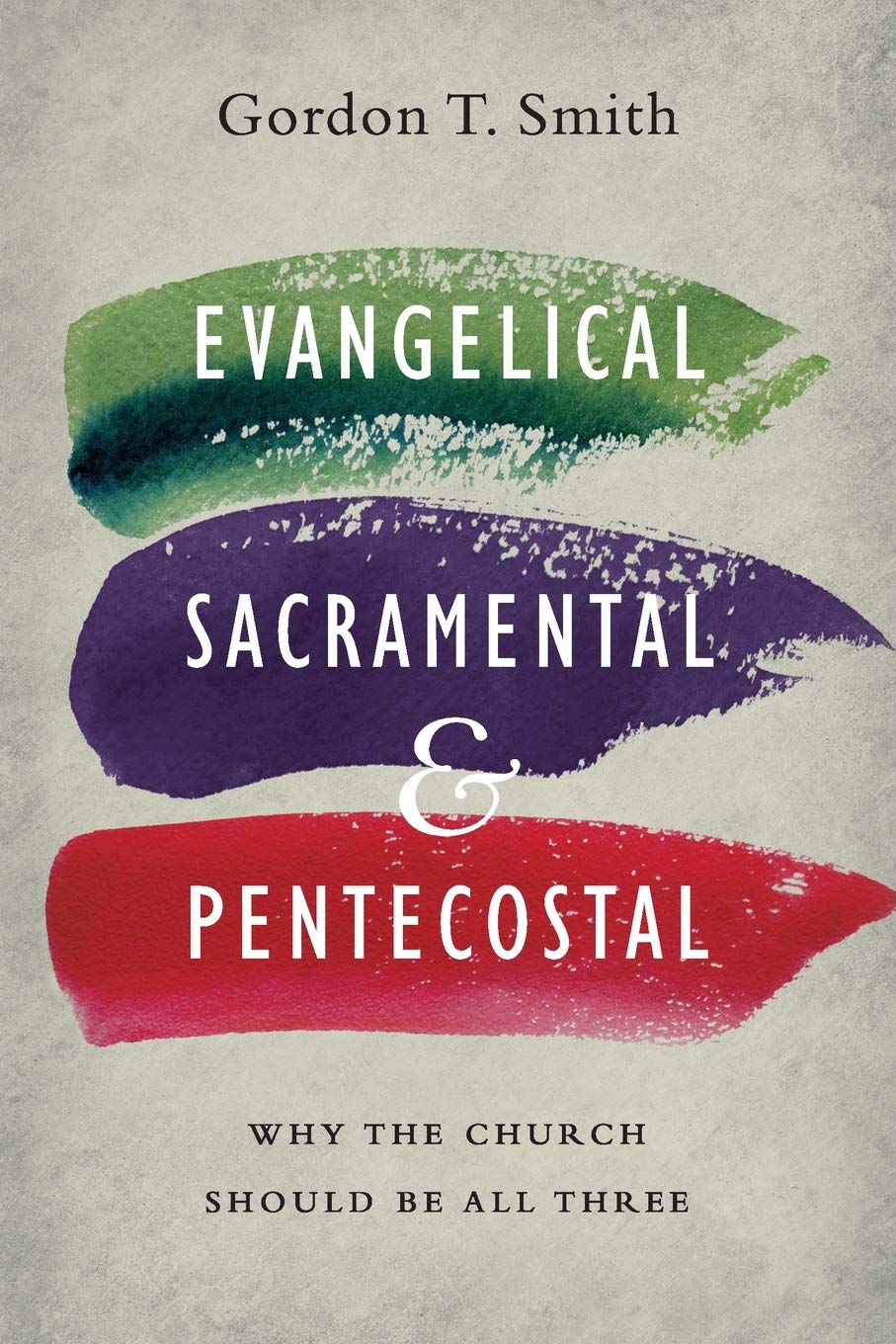
The Christian life is defined first and foremost by union with Christ. Thus three things call for special emphasis:

First, the animating dynamic of the Christian life is not a Christological principle or a doctrine about Christ, however important it is for us to have an understanding of Christ Jesus that is faithful to the Scriptures and to the Christian tradition. Rather, what defines us, animates us, not merely informs but transforms us, is Christ himself who in real time dwells in our midst and in our lives.
Second, it is therefore very important to stress that the heart and soul of the Christian existence is not ultimately about being Christlike, however much that might be a good thing. It is rather that we would be united with Christ. So much contemporary reflection on the Christian life speaks of discipleship as becoming more and more like Jesus. There are two potential problems with viewing this Christlikeness as the Christian ideal and the goal of the church. On the one hand, this is problematic because Christlikeness is derivative of something else, namely, union with Christ. And to pursue it on its own actually distracts us from the true goal of the Christian life. And then also, when Christlikeness is the goal, we get caught up in debates about what Christlikeness looks like and so easily the church descends to a less than subtle form of legalism as we impose on the church a vision of what it means to be “like Christ.”
And then third, so much piety, especially in evangelical circles, presents what might be called a transactional understanding of Christian spirituality – that Christ has “transacted” something on our behalf. While Christ has definitely acted on our behalf, it was to an end; his actions, notably his death, were not an end in themselves. The purpose of the cross was not merely about a transaction, effected for us and for our salvation. The cross had a purpose, an intended outcome: namely, union with Christ.
Taken from: Evangelical, Sacramental, and Pentecostal: Why the Church Should Be All Three by Gordon T. Smith



